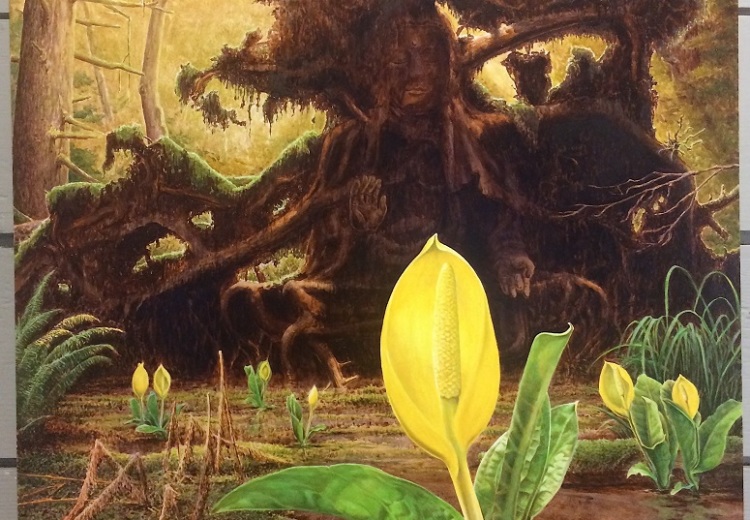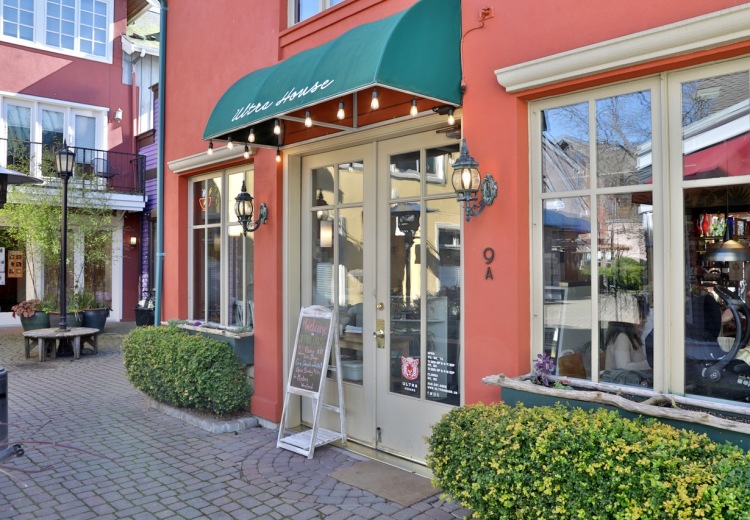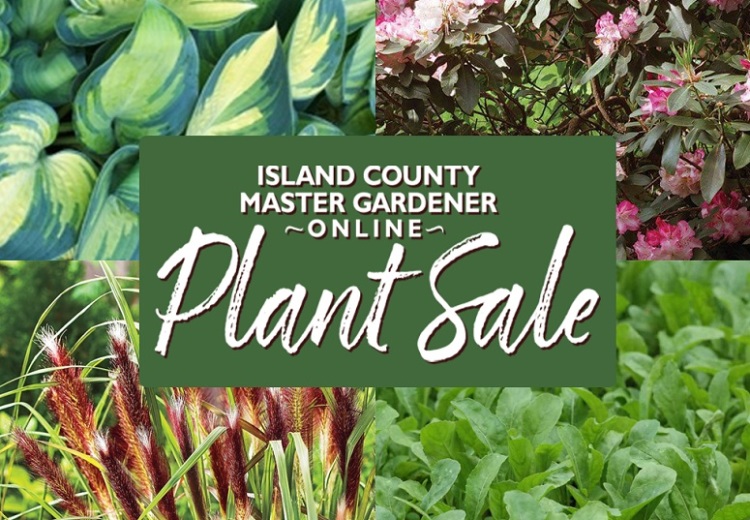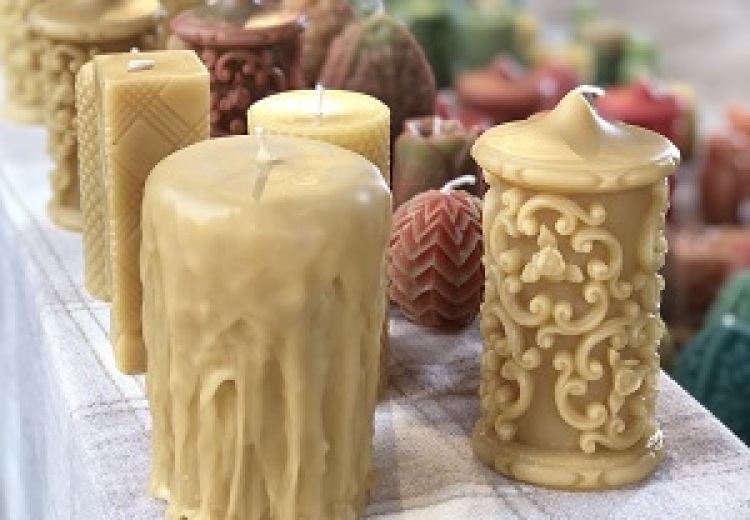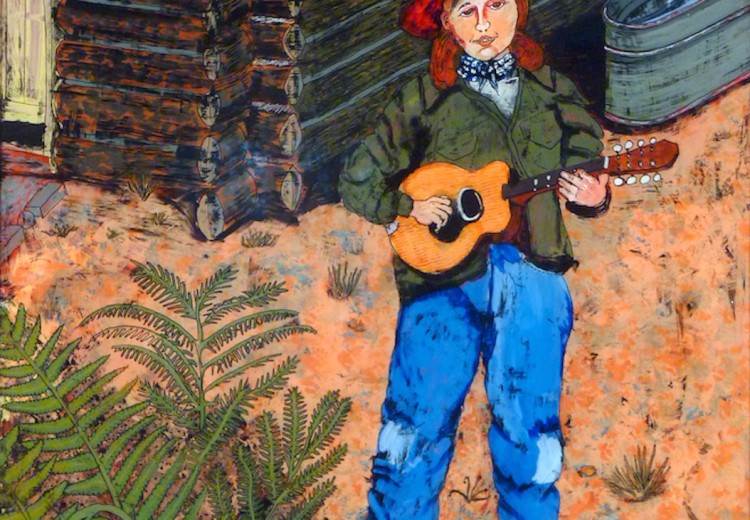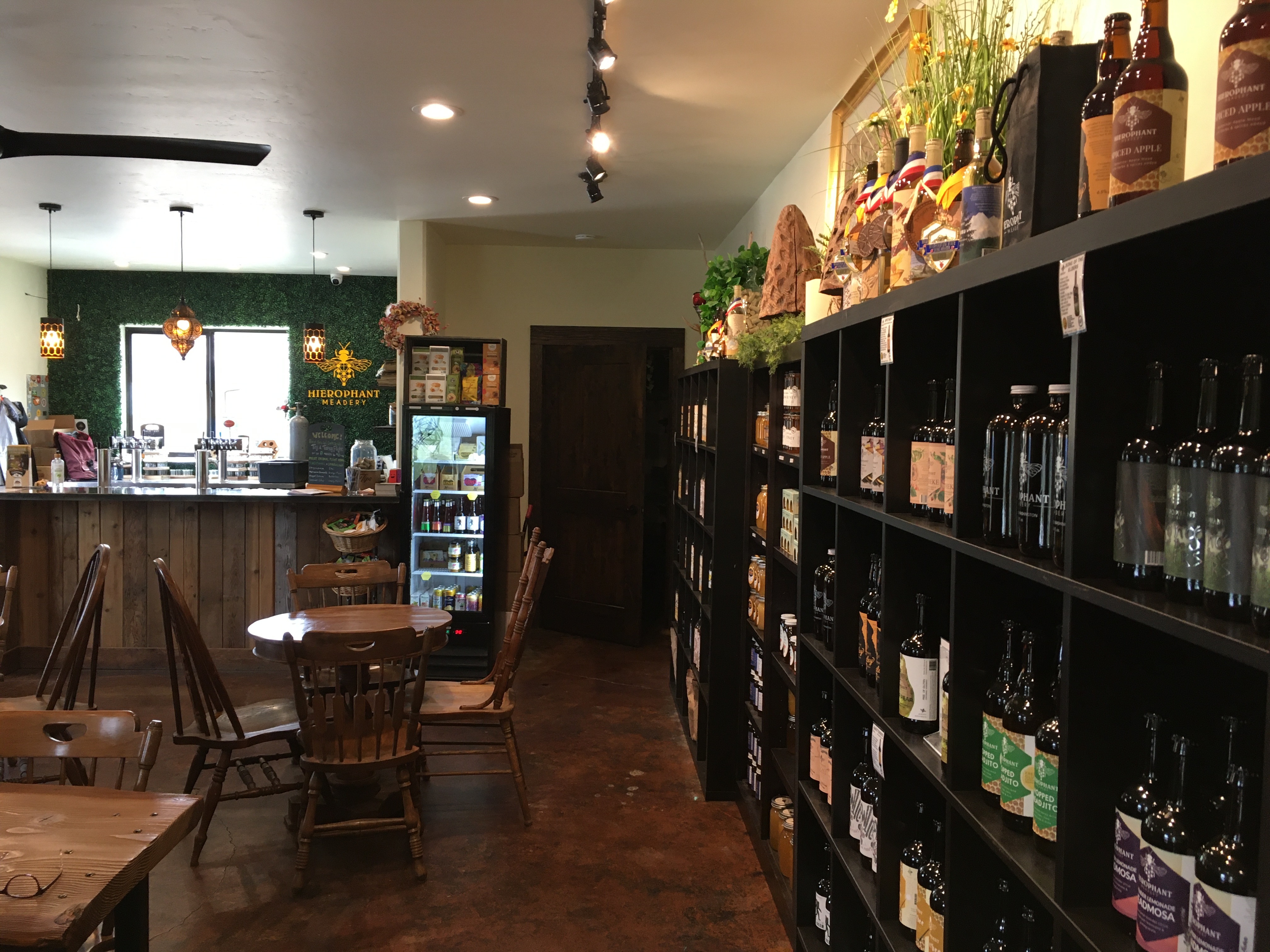
Michelle Scandalis and Jeremy Kyncl, owners of Hierophant Meadery, purchased property in Freeland, Washington in 2019, and spent a large part of the pandemic building a new production facility and tasting room. Their vision was to re-home their domestic winery with a phased expansion to create a meadery, pollinator sanctuary, and herb farm.
Their business has been growing ever since. There are currently 24 varieties of mead being offered, and the meadery now has 15 employees, including seven full-time (four full-time employees live on Whidbey, and others live in Seattle and Spokane).
In 2022, they realized just how much islanders love mead. “Between the tasting room volumes, and growing distribution channels, we are finding we need to create more space for production and visitors.”
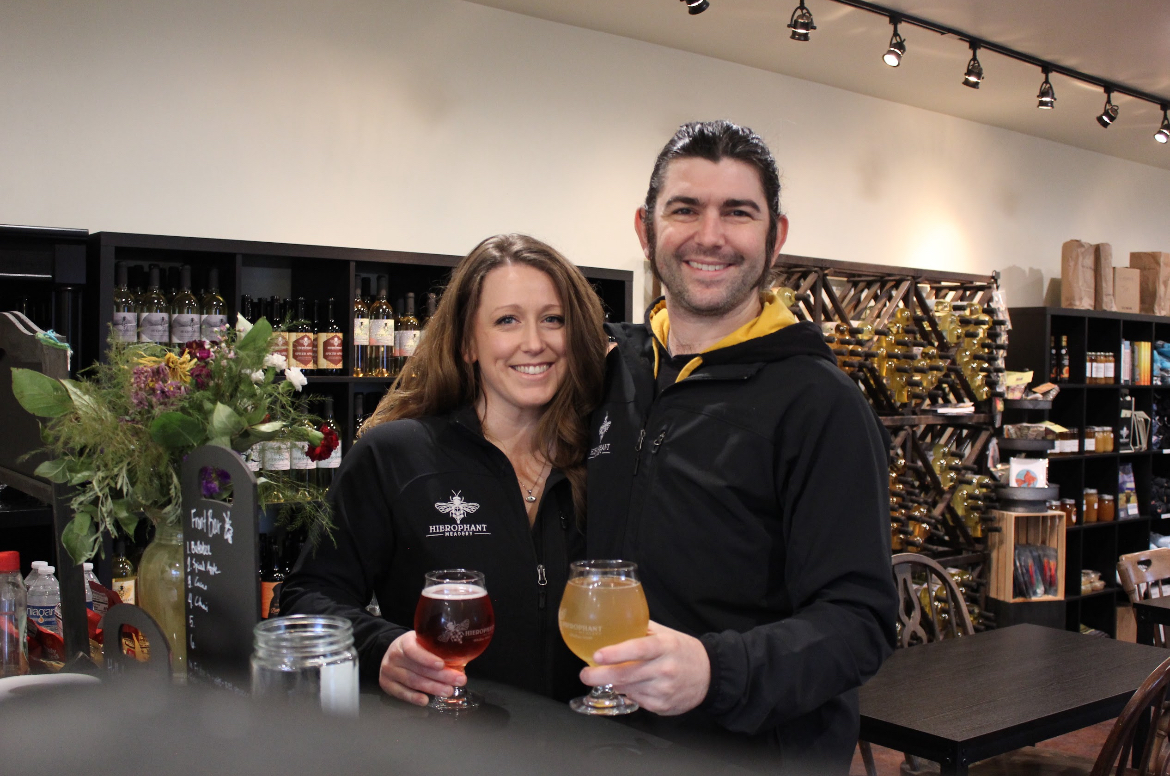
Hierophant’s production facility, tasting room, and herb farm are in their fourth year of operation on the island, and they will be celebrating their 12th year in business in July 2024. “We greatly enjoy serving the Whidbey Island community and its visitors, and look forward to continuing to grow the space.”
Hierophant Meadery participates in Seattle and Spokane area farmers markets, and operates their Green Bluff tasting room at their original Mead, Washington location.
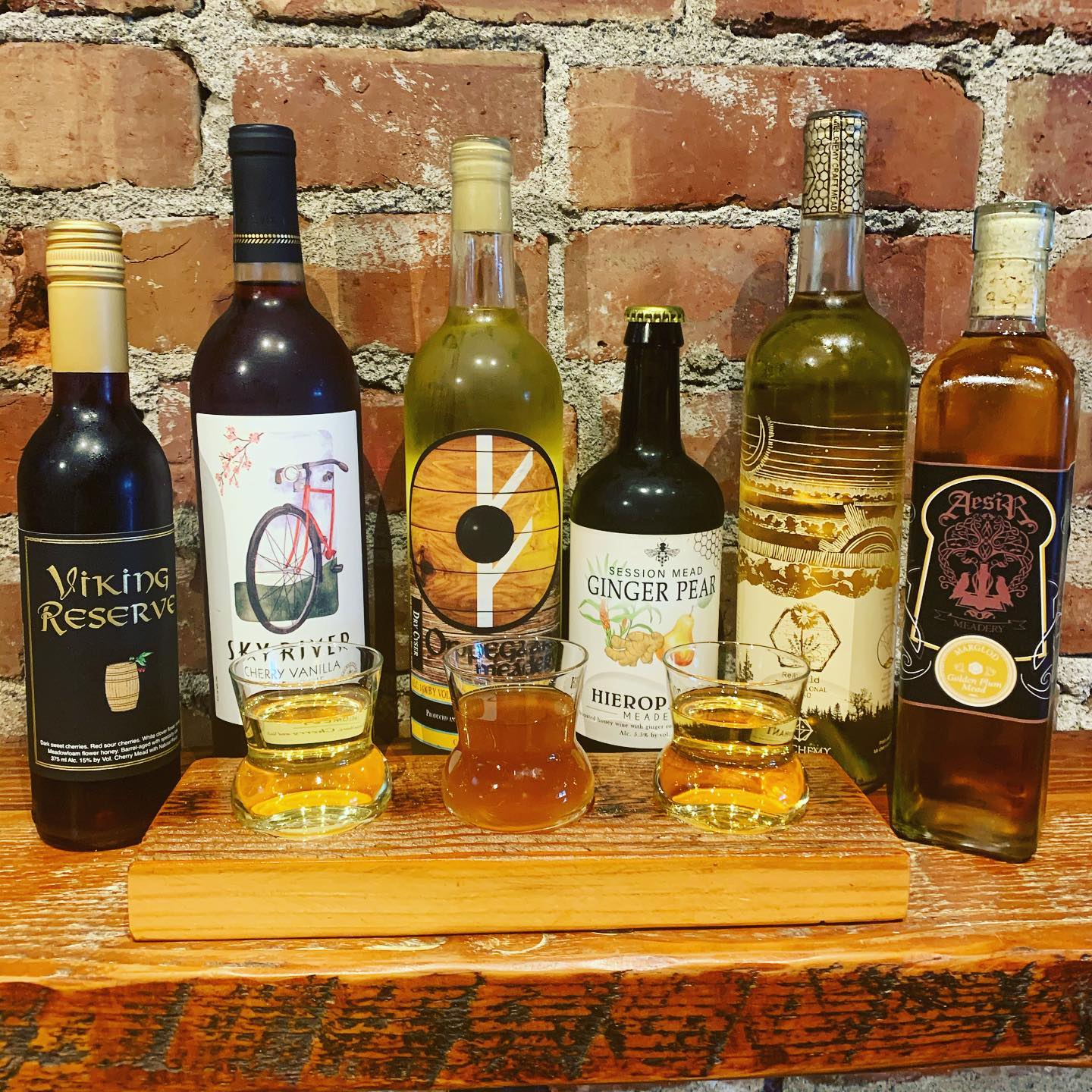
Hierophant bottled 6,000 cases and 375 kegs in 2024, and the need for mead keeps climbing. Michelle notes: “We’re finding that people are awakening to the discovery that the mead industry is so diverse in its offerings. We hear so often from customers that they didn’t know mead could taste like this, referring to our meads as being drier, more like a white wine or an off-dry cider, having complex botanical additions, or something they can’t compare to anything else.”
Botanically infused meads have not always been so recognized. Metheglin is the name for botanical meads in historic mead making, and has been a mead-making tradition for thousands of years. However, there are very few meaderies that make metheglin style meads exclusively. Hierophant sees using plants and honey together in value-added products as a way to reconnect people with plants, and sustain an appreciation for sustainable agriculture when it comes to honey.
Jeremy and Michelle have a practice of sourcing herbs for many of their meads on and off their properties, as well as contracting with small farmers to grow botanicals for them. Michelle adds, “We also purchase herbs from the world market, as Cash Crop Herbalism is a very small and growing market in the United States, and there are some things that don’t grow here.” Jeremy and Michelle have a vision to create economies for cash crop herbalism, as well as to take the next step to farm more of their own herbs.
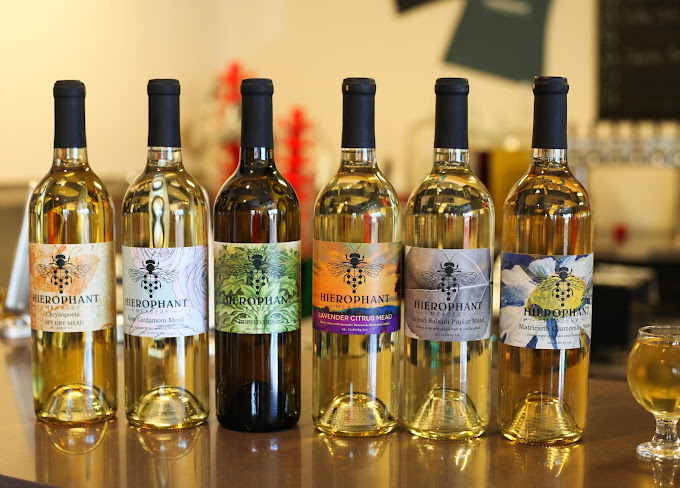
Some new additions now offered include “switchels” which are non-alcoholic options, including soda with apple cider, nettle beer, and honeymaker’s punch.
Hierophant Meadery has a strong commitment to contribute to agricultural development in Washington. Michelle notes, “We were contacted and hosted the Senate Agriculture Committee with members of the WSDA to discuss how our sourcing positively affects agriculture in Washington.”
Visiting Hierophant Meadery at the corner of State Highway 525 and Double Bluff Road in Freeland is a special experience. Visitors are invited to sit and sip mead among the native landscaping plants and the meadow. The farm is serving as a “pollinator refuge” where native pollinator insects, birds, and bats are major contributors. The property now has an additional 120 trees and shrubs that were planted by the owners, including black hawthorn, blue elder, pacific crab apple, and honeysuckle
.
Visitors are also invited to take herb walks around the farm. Hierophant will also continue to offer educational Herbal Maker’s Workshops on the grounds of the meadery.
Find an interactive map of local retailers who carry their products, at www.hierophantmeadery.com/findmead. For open hours and more information about Hierophant Meadery, visit their website: www.hierophantmeadery.com.


